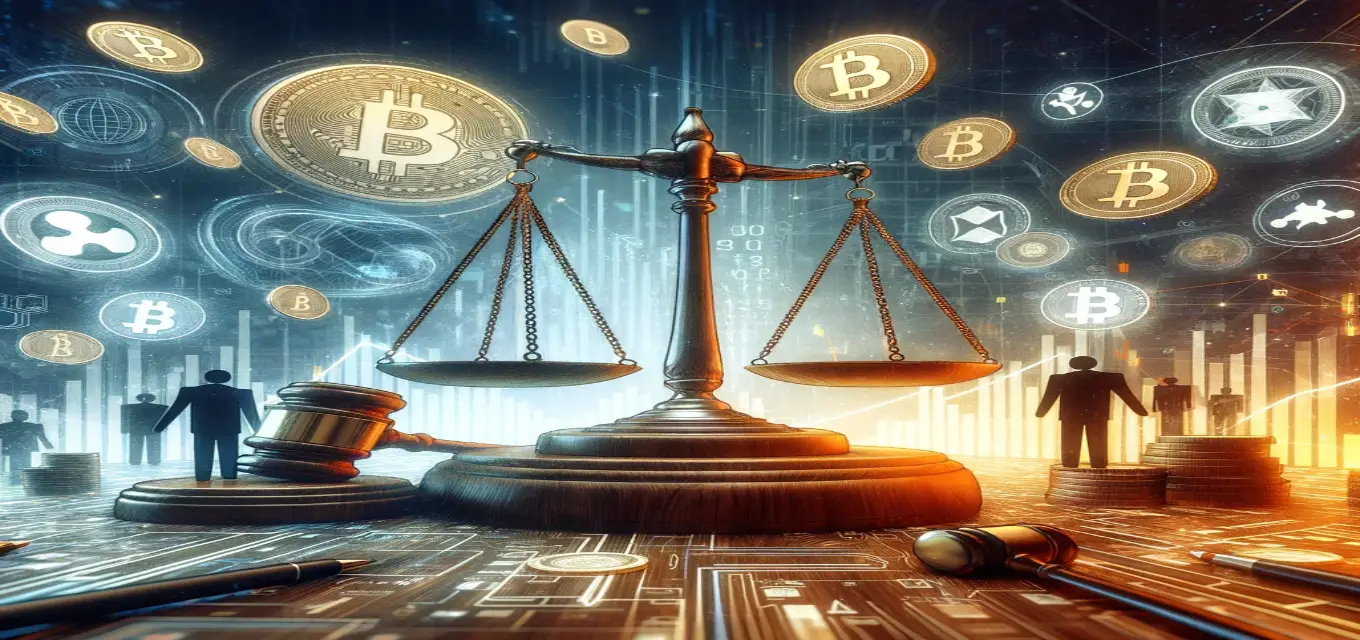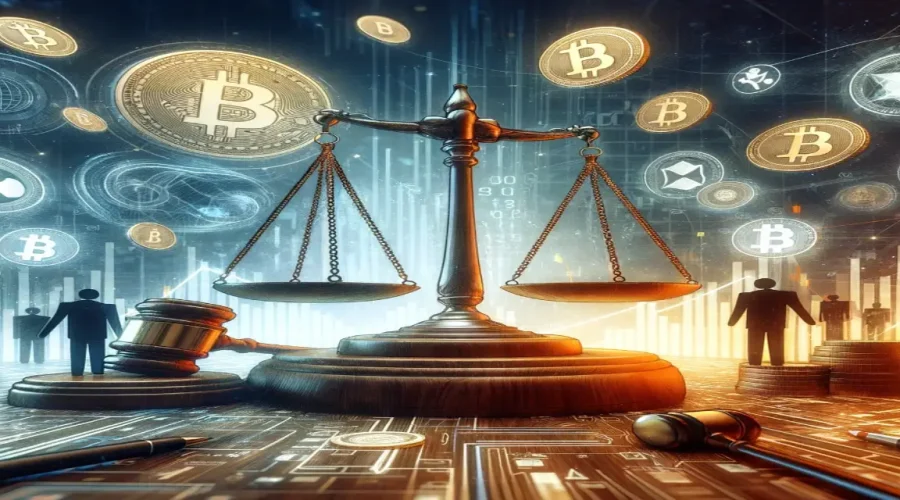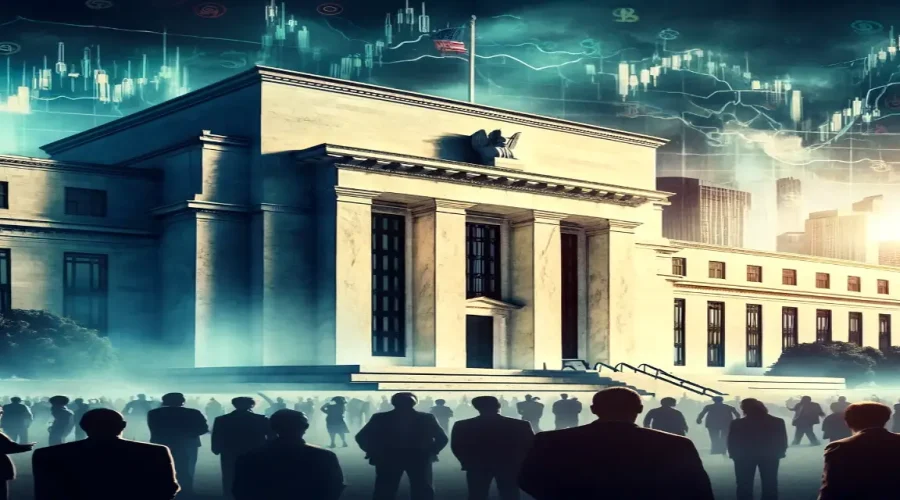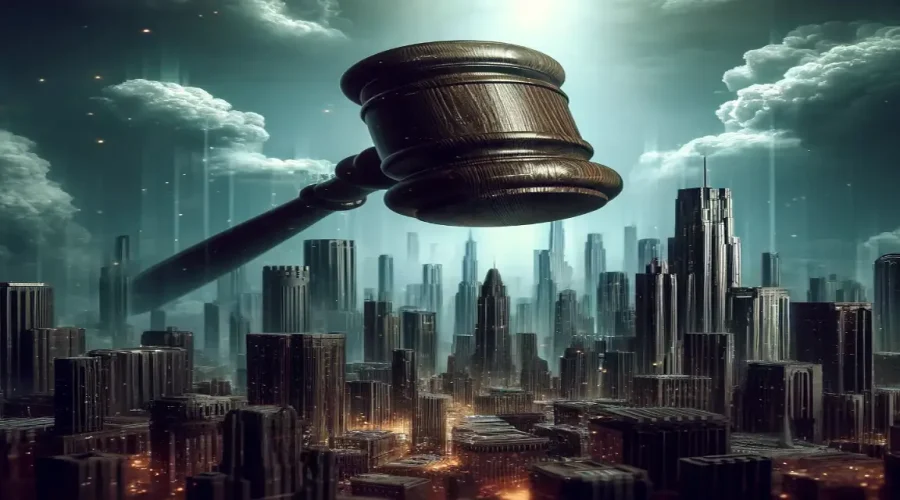The peculiar event that recently took place at the luxurious Mar-a-Lago residence brought together politicians, NFT collectors and cryptocurrency enthusiasts. Former United States President and potential 2024 presidential candidate Donald Trump has taken this opportunity to review his stance on the crypto space. And he has promised a friendlier approach if he returns to the White House.
The change in tone from Trump, who had previously expressed scepticism about the value and stability of cryptocurrencies, surprised attendees. It also sent shockwaves through the cryptocurrency market, making evident such sensitivity to geopolitical factors and statements from high-profile influencers.
Trump’s influence on the cryptocurrency market
Trump declared before an audience of NFT holders that the regulatory environment in the US is keeping cryptocurrency innovations out of the country. His criticism of the current government and promise of a more responsive politics appear to be a strategic move to attract young voters, especially the technologically savvy.
During the event, Donald Trump met with buyers of his “Mugshot Edition” NFTs. And this event took place at a hectic time, due to his involvement in several legal proceedings.
The effects of these declarations were immediate. The Doland Tremp meme coin saw its price jump from US$0.24 to US$0.67 in a few hours, an increase of 146%. On the other hand, Jeo Boden rose 40%. This shows the influence that political figures can have on volatile cryptocurrency markets. The MAGA has also increased. It rose approximately 400% in one month, following the former president’s comments, and registering a market capitalization of more than $285 million.
Trump: from critic to cryptocurrency proponent
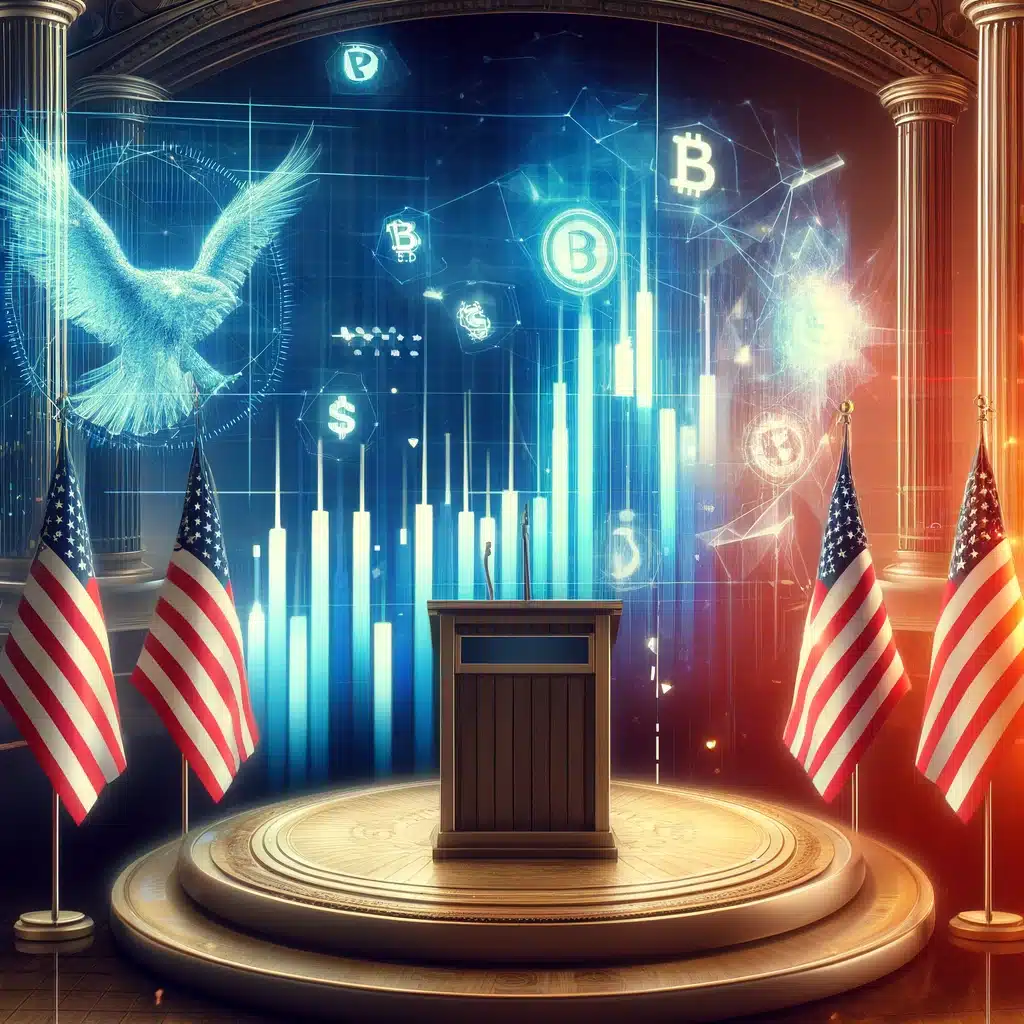
This is not the first approach that Trump has taken on the topic of cryptocurrencies, but it is certainly the first time he’s done it in such a positive tone. In 2019, during his term as president, he spoke out clearly against Bitcoin and other cryptocurrencies, describing them as “not money” and “based on nothing.” However, his recent involvement with NFTs and the financial success he has achieved seem to have changed his perspective.
Cryptocurrency legislation in the US is still developing, and although some important regulations are being debated, it is unlikely that a full regulatory regime will be established before 2025. However, court decisions and agency policies continue to emerge and will shape how digital assets are treated.
While he assured those present that the government should support and not obstruct this progress, he stated that he will accept cryptocurrencies and ensure that they are robust and secure. These words suggest a possible inclusion of cryptocurrencies in his political platform for the next presidential elections. Furthermore, he said he would adopt a policy that would block the creation of a Central Bank Centralized Digital Currency (CBDC), signaling support for the decentralization of cryptocurrencies.
The future of cryptocurrencies in the US with Trump
If the former president actually follows through with his proposals for a friendlier policy toward cryptocurrencies, it could mean a major change in the regulatory scenery in the United States. For now, cryptocurrency enthusiasts and investors remain cautious but optimistic. The impact that cryptocurrency-friendly leadership could have on innovation and economic growth is enormous.
The events at Mar-a-Lago reinforce the idea that political positions can be as volatile as the cryptocurrency market. However, Trump’s reassessment of cryptocurrencies appears to be a sign that he is willing to embrace new technologies. Thus aiming not only at the economic benefit they can bring, but also at the electoral potential among younger people.

In addition, the awareness of the global impact of US cryptocurrency policies is growing. And it is mainly in relation to international criminal operations. So, this is reflected in the government’s more aggressive approach to regulation, and includes sanctions on cryptocurrency exchanges and efforts to recover cryptocurrency payments made to criminals.
The possibility of a “crypto-positive cohort” in government could alleviate many of the regulatory uncertainties, and also define clearer regulatory guidelines for the treatment of crypto assets. The 2024 elections are approaching, and many controversial issues are yet to emerge. Discussions like this will shape the future of cryptocurrencies in the United States. But with or without Trump, the trajectory of cryptocurrencies appears to be increasingly intertwined with political dynamics.


